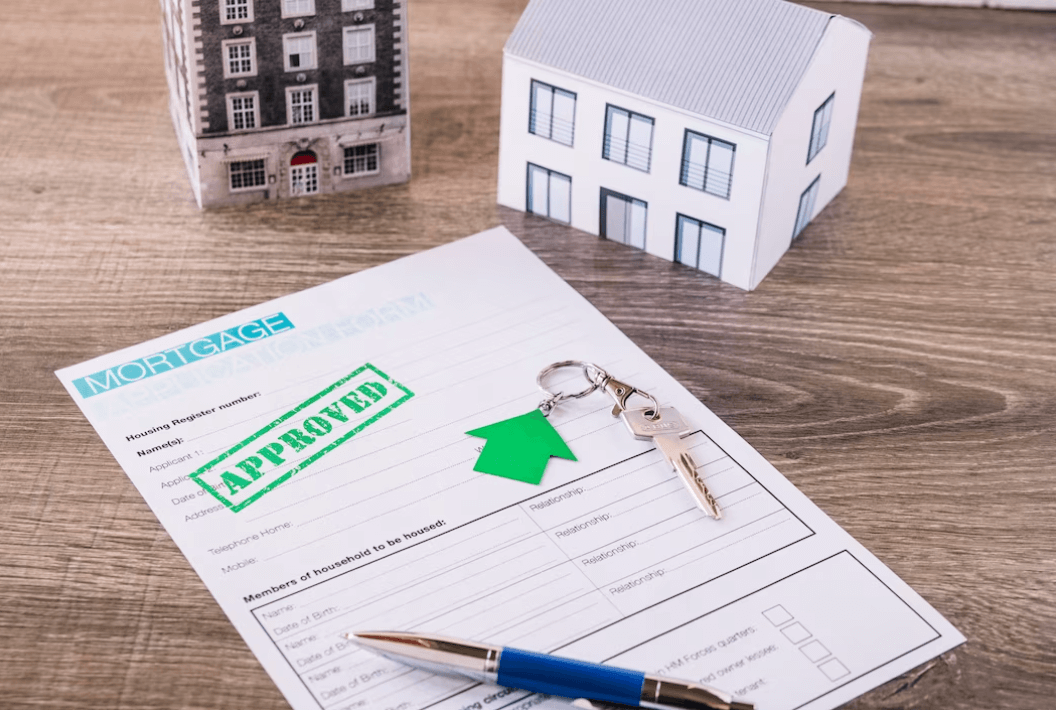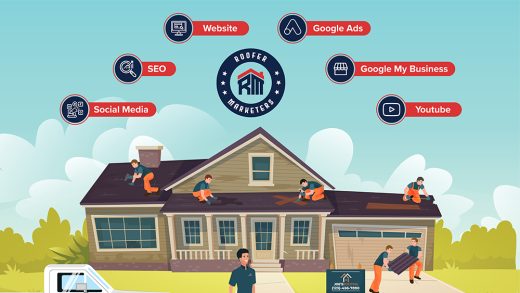How to Get a Roofing License in Florida
Are you interested in pursuing a career in the roofing industry? If so, getting your roofing license is essential for becoming a professional roofer and taking your skills to the next level. Whether you’re looking to start your own business or work for an established roofing company, having a license will give you credibility and open up new opportunities. In this article, we’ll guide you through the process of obtaining a roofing license in Florida – from understanding the specific requirements to preparing for and passing the examination. We’ll also share some tips on how to maintain and renew your license, as well as stories of success from licensed roofers who have made it in this competitive field. So let’s dive into everything you need to know about getting certified as a roofer in Florida!

Understanding Florida’s Roofing License Requirements
To work as a professional roofer in Florida, it is crucial to have a roofing license. The state of Florida has specific requirements for obtaining this license that must be met before anyone can operate legally in the industry.
Understanding these requirements is the first step towards becoming a licensed roofer. Firstly, applicants must be at least 18 years old and have no past criminal convictions related to fraud or dishonesty.
Secondly, all applicants are required to provide proof of insurance covering general liability and workers’ compensation. This requirement ensures that customers receive adequate protection from risks concerning property damage or personal injury during roofing projects.
Thirdly, evidence of experience working as a roofer may also be required by the state licensing board. Applicants will need to prove their skills through education or on-the-job training documentation.
Passing an exam on relevant laws and regulations governing the roofing industry is necessary for receiving a Florida Roofing License. These exams are designed to test knowledge of safety protocols, quality standards, and other important aspects related to operating within the roofing sector.
Understanding these licensing requirements is essential for aspiring roofers looking to establish themselves professionally in Florida’s competitive market.
Specific Requirements for Florida
To obtain a roofing license in Florida, it’s crucial to understand the specific requirements set forth by the state. Florida has some unique regulations that aspiring roofers need to meet before they can legally work as professionals.
One requirement is age – applicants must be at least 18 years old. Another is a background check, which includes fingerprinting and criminal history disclosure. Prospective roofers also need liability insurance coverage of at least $300,000.
Applicants must have completed a minimum of four years of experience working for a licensed roofing contractor or related business to qualify for testing. They will also need four hours of continuing education every two years after receiving their licensure.
In addition, individuals seeking licensing are required to pass both trade knowledge and business and finance exams offered by the state of Florida Construction Industry Licensing Board (CILB).
This rigorous process ensures that only qualified individuals with ample experience and knowledge become licensed roofers in Florida.
Step-by-Step Guide to Getting a Roofing License in Florida
To become a licensed roofer in Florida, you’ll need to follow several steps. Here’s a step-by-step guide to help you get started.
1. Preparation: Gathering Necessary Documents and Information
Before applying for a roofing license in Florida, it’s important to ensure that you have all the necessary documents and information. This preparation stage is vital as it can save you time and effort when submitting your application.
– You will need to provide proof of identification such as a driver’s license or passport.
– Evidence of work experience in the roofing industry is required.
– Proof of insurance coverage such as general liability insurance and workers’ compensation insurance is necessary.
– Study Florida’s building codes to understand the requirements on each project.
– Fill out the application accurately with all required information.
2. Applying for the License
To apply for a roofing license in Florida, gather and prepare all necessary documents and information. Submit your application through the state’s licensing portal, ensuring all required fields are filled out correctly.
3. Preparing for the Examination
Review study materials provided by the licensing board, attend training courses, and take practice tests. Schedule your exam well in advance to allow ample time for thorough preparation.
4. Taking the Examination
Arrive early on test day with necessary identification documents and fees. Read each question carefully, pace yourself throughout the exam, and make use of scratch paper provided by testing centers.
5. After the Examination: What to Expect
Within 24-48 hours of taking the exam, you will receive your test results. If you pass, apply for your license with the state of Florida. Familiarize yourself with continuing education requirements for license maintenance and consider obtaining liability insurance coverage.
6. Maintaining and Renewing Your Roofing License in Florida
To maintain your roofing license, fulfill requirements such as completing continuing education courses. Renew your license every two years by submitting an application and fee. Keep track of renewal dates and stay up-to-date with industry regulations.
7. The Value of a Roofing License in Florida
A roofing license in Florida demonstrates your qualifications and offers opportunities for growth. It instills confidence in clients, enables specialization, and facilitates partnerships with other businesses.
8. Navigating Challenges in the Licensing Process
The licensing process can be challenging, but seeking professional support and following guidelines carefully will help you succeed.
9. Case Study: Success Stories of Licensed Roofers in Florida
Obtaining a roofing license opens doors for success. Examples include starting a roofing company or joining a reputable firm, leading to increased opportunities and higher-paying contracts.
10. Expanding Your Business: Beyond the Roofing License
Consider diversifying into related areas such as painting or siding installation. Focus on commercial projects, invest in marketing efforts, and provide additional services to increase revenue streams.
By following this step-by-step guide, you’ll be well-prepared to navigate the process of obtaining and maintaining a roofing license in Florida. Good luck on your journey towards becoming a licensed roofer!



